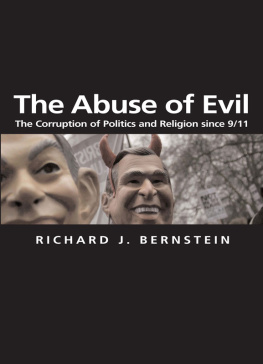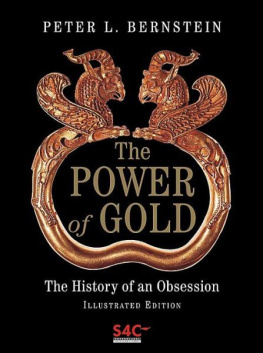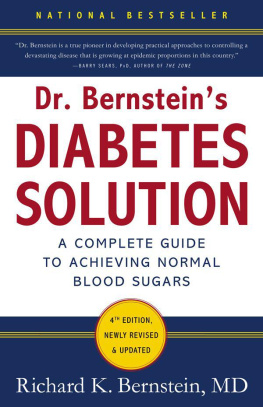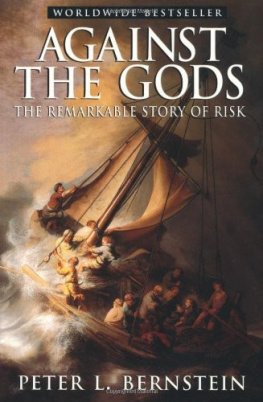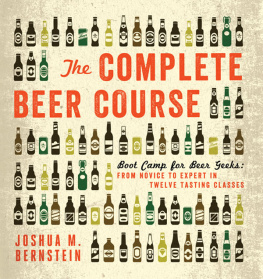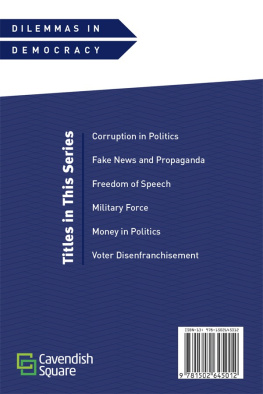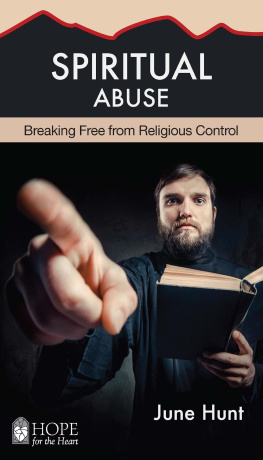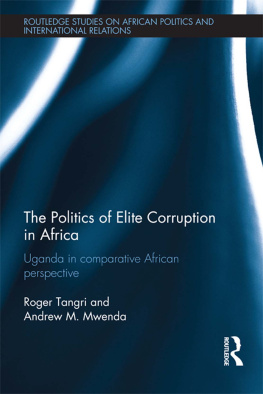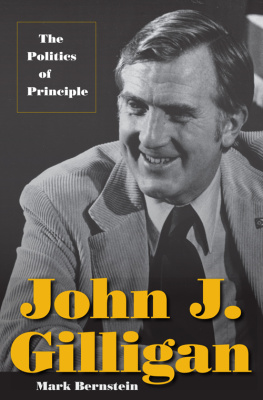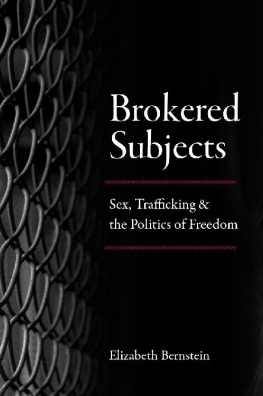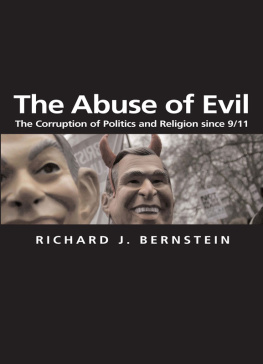Bernstein - The Abuse of Evil The Corruption of Politics and Religion since 9/11
Here you can read online Bernstein - The Abuse of Evil The Corruption of Politics and Religion since 9/11 full text of the book (entire story) in english for free. Download pdf and epub, get meaning, cover and reviews about this ebook. City: New York;NY, year: 2013, publisher: John Wiley & Sons, genre: Religion. Description of the work, (preface) as well as reviews are available. Best literature library LitArk.com created for fans of good reading and offers a wide selection of genres:
Romance novel
Science fiction
Adventure
Detective
Science
History
Home and family
Prose
Art
Politics
Computer
Non-fiction
Religion
Business
Children
Humor
Choose a favorite category and find really read worthwhile books. Enjoy immersion in the world of imagination, feel the emotions of the characters or learn something new for yourself, make an fascinating discovery.
The Abuse of Evil The Corruption of Politics and Religion since 9/11: summary, description and annotation
We offer to read an annotation, description, summary or preface (depends on what the author of the book "The Abuse of Evil The Corruption of Politics and Religion since 9/11" wrote himself). If you haven't found the necessary information about the book — write in the comments, we will try to find it.
Bernstein: author's other books
Who wrote The Abuse of Evil The Corruption of Politics and Religion since 9/11? Find out the surname, the name of the author of the book and a list of all author's works by series.
The Abuse of Evil The Corruption of Politics and Religion since 9/11 — read online for free the complete book (whole text) full work
Below is the text of the book, divided by pages. System saving the place of the last page read, allows you to conveniently read the book "The Abuse of Evil The Corruption of Politics and Religion since 9/11" online for free, without having to search again every time where you left off. Put a bookmark, and you can go to the page where you finished reading at any time.
Font size:
Interval:
Bookmark:
The Abuse of Evil
The Abuse of Evil
The Corruption of Politics and Religion since 9/11
RICHARD J. BERNSTEIN
polity
Copyright Richard J. Bernstein 2005
The right of Richard J. Bernstein to be identied as Author of this Work has been asserted in accordance with the UK Copyright, Designs and Patents Act 1988.
First published in 2005 by Polity Press
Polity Press
65 Bridge Street
Cambridge CB2 1UR, UK.
Polity Press
350 Main Street
Malden, MA 02148, USA
All rights reserved. Except for the quotation of short passages for the purpose of criticism and review, no part of this publication may be reproduced, stored in a retrieval system, or transmitted, in any form or by any means, electronic, mechanical, photocopying, recording or otherwise, without the prior permission of the publisher.
ISBN: 978-0-7456-5048-7
A catalogue record for this book is available from the British Library.
Typeset in 10.5 on 12 pt Plantin
by Servis Filmsetting Ltd, Manchester
Printed and bound in the United States by the Maple Vail Book Manufacturing Group
The publisher has used its best endeavours to ensure that the URLs for external websites referred to in this book are correct and active at the time of going to press. However, the publisher has no responsibility for the websites and can make no guarantee that a site will remain live or that the content is or will remain appropriate.
Every effort has been made to trace all copyright holders, but if any have been inadvertently overlooked the publishers will be pleased to include any necessary credits in any subsequent reprint or edition.
For further information on Polity, visit our website: www.polity.co.uk
Contents
Could the activity of thinking as such, the habit of examining whatever happens to come to pass or attract attention, regardless of results and specic content, could this activity be among the conditions that make men abstain from evil-doing or even condition them against it?
Hannah Arendt, The Life of the Mind
Preface
On August 31, 2001, I completed the manuscript of my book, Radical Evil. Eleven days later, the most dramatic terrorist attack in history took place. No one now doubts that the world changed on that infamous day. Overnight (literally), we were bombarded with images and talk of evil. My book Radical Evil was an attempt to comprehend the horrendous evils experienced in the twentieth century. I wanted to see what we might learn about the meaning of evil from the modern philosophical tradition. I subtitled the book A Philosophical Interrogation, and I interrogated Kant, Hegel, Schelling, Freud, Nietzsche, Levinas, Jonas, and Arendt in order to learn what they teach us about the nature of evil. I concluded the work with a series of theses. Here is my rst thesis: Interrogating evil is an ongoing, open-ended process. Throughout I have indicated my skepticism about the very idea of a theory of evil, if this is understood as a complete account of what evil is. I do not think that such a theory is possible, because we cannot anticipate what new forms of evil or vicissitudes of evil will appear. I did not realize, at the time, just how prophetic my claim would be.
After 9/11, I considered whether I wanted to revise my book, but I decided to let it stand as I had written it. Since 9/11, evil has become a popular, hot topic. Politicians, conservatives, preachers, and the media are all speaking about evil. Frankly, I have been extremely distressed by the post-9/11 evil talk. I argue that the new discourse of good and evil, which divides the world according to this stark and simplistic dichotomy, is an abuse of evil. Traditionally, the discourse of evil in our religious, philosophical, and literary traditions has been intended to provoke thinking, questioning, and inquiry. But today, the appeal to evil is being used as a political tool to obscure complex issues, to block genuine thinking, and to stie public discussion and debate. I argue that what we are now confronting is a clash of mentalities, not a clash of civilizations. A mentality that is drawn to absolutes, alleged moral certainties, and simplistic dichotomies stands in contrast to a mentality that questions the appeal to absolutes in politics, that argues that we must not confuse subjective moral certitude with objective moral certainty, and that is skeptical of an uncritical rigid dichotomy between the forces of evil and the forces of good. I call this mentality pragmatic fallibilism. I also challenge what I consider to be the unjustied and outrageous claim that without an appeal to absolutes and xed moral certainties we lack the grounds to act decisively in ghting our real enemies. There is no incompatibility between fallibilism and a passionate commitment to oppose injustice and immorality. I also argue that the post-9/11 abuse of evil corrupts both democratic politics and religion. There is no place for absolutes in democratic politics. And we violate what is most vital in the world religions when we uncritically assume that religious faith is a sufcient basis for knowing what is good and evil. There are religious and nonreligious fundamentalists and fanatics. And there are religious believers and nonreligious secularists whose beliefs, deeds, and emotions are informed by a robust fallibilism. The clash of mentalities cuts across the religious/secular divide. The stakes are high in this clash of mentalities in shaping how we think and act in the world today and in the future.
I want to thank John Thompson for encouraging me to write this book and Jean van Altena for her splendid editing. I also want to acknowledge my gratitude to Louis Menand and Farrar Straus Giroux for permission to cite passages from The Metaphysical Club: A Story of Ideas in America.
Introduction
Today our nation saw evil, the very worst of human nature.
George W. Bush, Address to the Nation,
September 11, 2001
America has shown its evil intentions and the proud Iraqi people cannot accept it.
Moktada al-Sadr, April 7, 2004
What do we mean when we call an event, an intention, a deed, or a human person evil? What are we referring to when we use evil as a noun, when we say Today our nation saw evil. There is something chilling and powerfully emotional when we speak of evil. We feel that we know precisely what we intend. There is no ambiguity or confusion about what really is evil even if we are at a loss to dene what we mean. And we also feel that there can be no compromise with evil. We must ght to eliminate it. When challenged to clarify what we mean by evil, we may appeal to other expressions, such as unjust, immoral, wrong, sinful, horrible, wicked, malevolent, sadistic, vicious, etc. But none of these is as strong, terse, or compact as evil. To add emphasis to the name the worst we speak of absolute, pure, or radical evil. Although we sometimes compare evils and use expressions such as the lesser of two evils, more often we think of evil in absolute terms. Evil is evil; there are no gradations here.
The concern with evil is as old as civilization itself. It is fundamental for all the major religions. Our greatest philosophers, theologians, poets, and novelists have struggled with the meaning and consequences of evil. It is a central theme in Plato, St Augustine, Shakespeare, Milton, and Dostoevsky. Theologians and philosophers speak of the problem of evil, or the problem of theodicy a word invented by the eighteenth-century philosopher Leibniz. If one believes that there is a God who is omniscient, omnipotent, and benevolent, then the question arises as to how we can reconcile the appearance of evil with the existence of such a God. The reason I stress
Next pageFont size:
Interval:
Bookmark:
Similar books «The Abuse of Evil The Corruption of Politics and Religion since 9/11»
Look at similar books to The Abuse of Evil The Corruption of Politics and Religion since 9/11. We have selected literature similar in name and meaning in the hope of providing readers with more options to find new, interesting, not yet read works.
Discussion, reviews of the book The Abuse of Evil The Corruption of Politics and Religion since 9/11 and just readers' own opinions. Leave your comments, write what you think about the work, its meaning or the main characters. Specify what exactly you liked and what you didn't like, and why you think so.

